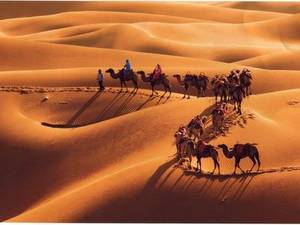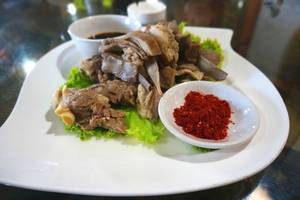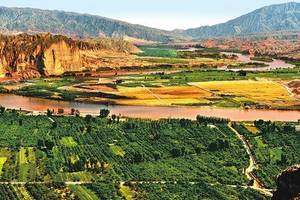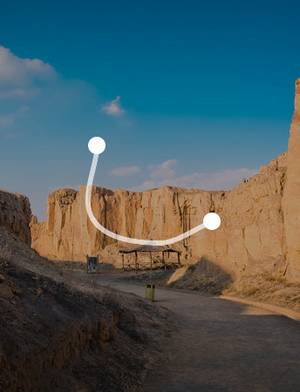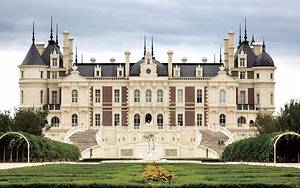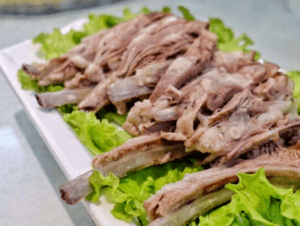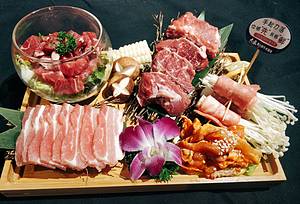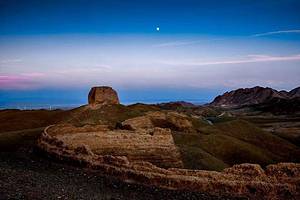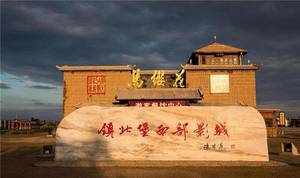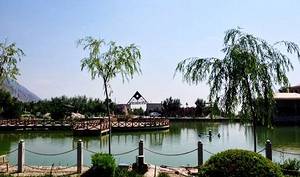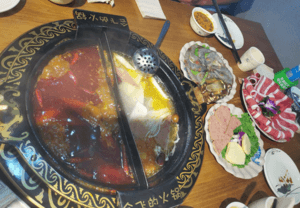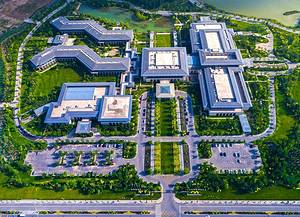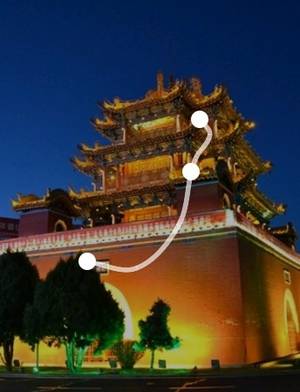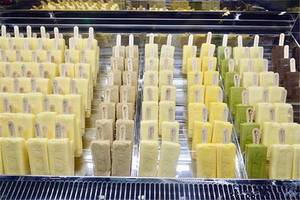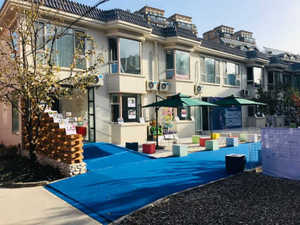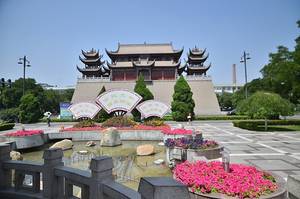Tengger Desert Tonghu Grassland Tourist Area, A Desert Oasis of Lakes and Lush Grasslands
The hinterland of Tengger Desert in Alxa Left Banner, Alxa League, Inner Mongolia Autonomous Region
 Grasslands in the desert
Grasslands in the desertIntroduction
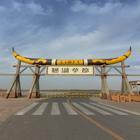
Address
The hinterland of Tengger Desert in Alxa Left Banner, Alxa League, Inner Mongolia Autonomous Region
Opening hours
08:00-21:30 (all day)
Last entry time: 21:30 (Monday-Sunday, June 1-August 31) 09:00-17:00 (all day)
Last entry time: 17:00 (Monday-Sunday, December 1-February 28 of next year) Tips: Additional information: Free admission does not include transportation and insurance fees. Please refer to the information disclosed by the scenic spot on the day for specific details. The purchase of secondary sales projects and bonfires at the scenic spot requires separate payment and is not included in the free admission policy.
Last entry time: 21:30 (Monday-Sunday, June 1-August 31) 09:00-17:00 (all day)
Last entry time: 17:00 (Monday-Sunday, December 1-February 28 of next year) Tips: Additional information: Free admission does not include transportation and insurance fees. Please refer to the information disclosed by the scenic spot on the day for specific details. The purchase of secondary sales projects and bonfires at the scenic spot requires separate payment and is not included in the free admission policy.
Transportation
Public transportation: There is no direct bus to Tonghu, but you can take a taxi from Zhongwei.
Phone 15909550951;4006666199

